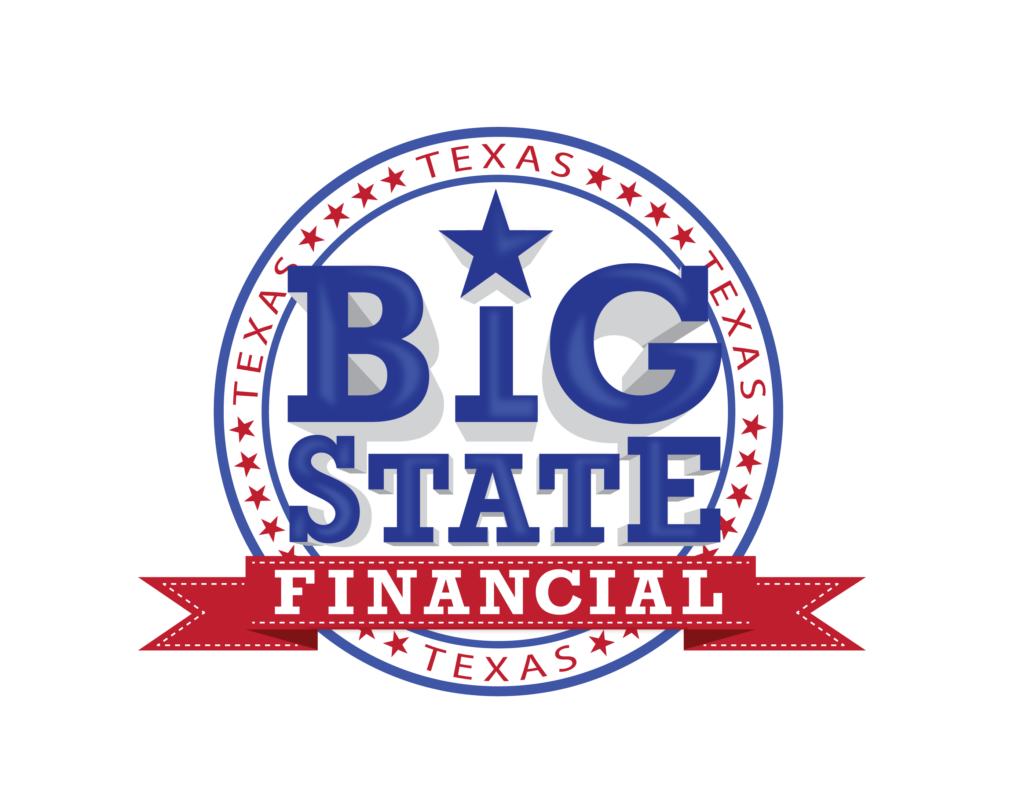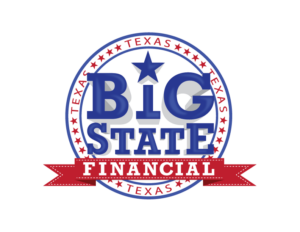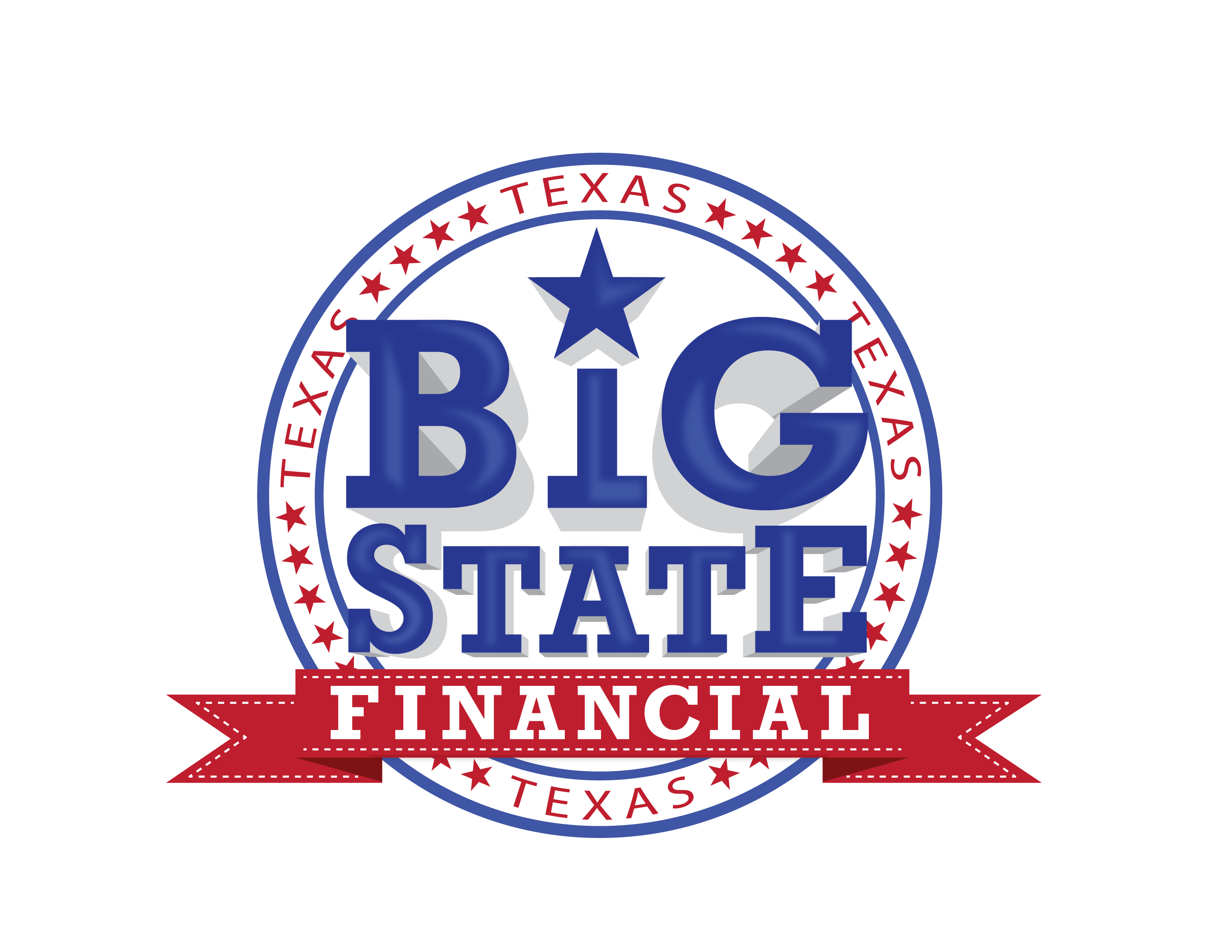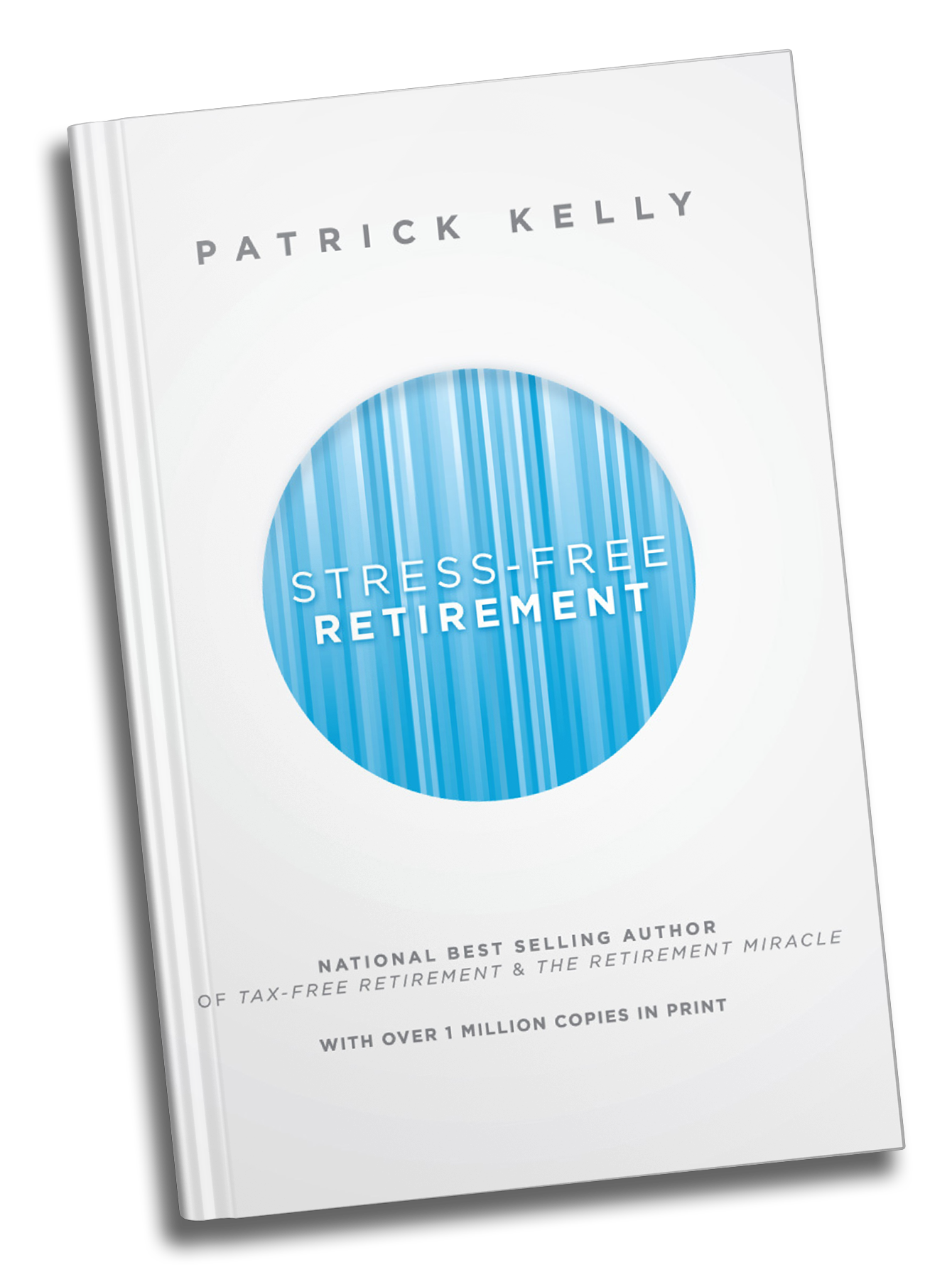
You’ve worked hard your entire working career to save enough money for retirement, but will it be enough? Did a simple mistake along the way crush your savings? Almost everyone has heard, at least once in their life, the phrase “a penny saved is a penny earned” but not too many people have actually lived their life that way. If your retirement date is rapidly approaching or if you’re already retired, there are a few things that you can do to help ensure you reach your financial goals. Here are 4 helpful tips that can enhance your retirement.
Our first tip for you is to take advantage of “catch-up” contributions. As an older worker, aged 50 or over, you’re allowed to contribute up to $6,500 every year in an Individual Retirement Account (IRA). And, you can contribute $24,500 per year to a 401(k) plan. Imagine if you had 10-years left to work, and every year your 401(k) contribution of $24,500 generated an average annual return of 7%. That would leave you with an ending balance of $338,000, which if combined with your IRA and Social Security Income, could help put you on the path toward a more secure and enjoyable life in retirement.
The second tip? Create a plan for paying your taxes. While the above scenario might sound good in theory, if you’re not careful you can lose a large chunk of your savings to the IRS. With a traditional 401(k) plan, your savings will be subject to taxation once you begin taking your withdrawals. This is because the contributions are made tax-free, and with that benefit, you pay the taxes on it when you’re older. Try preparing ahead of time for these particular taxes and account for them when outlining your retirement budget. Also, don’t forget about the Roth approach where you convert some of your savings now into a Roth account so you don’t have to pay taxes on your withdrawals in retirement. However, just remember that you will have to pay taxes on your conversions up front.
Third, you want to try and get rid of your debt. One of the most difficult things to adjust to in retirement is living on a fixed income. You will no longer be receiving a large, steady paycheck from work, so getting as close to debt-free as possible will undoubtedly enhance your life in retirement. Credit card debt can be detrimental to your retirement strategy, which makes it important for you to focus on ways to chip away at the outstanding balance. If you find yourself eating out three or four times per week, then you might want to save that Sunday newspaper with all the coupons and head to the grocery store. Making your meals at home a few extra times per week can help save you some cash to put towards your credit card debt. And, that one time a week outing with your spouse will make it that much more romantic and special.
Our fourth and final tip is for you to be willing to work in a different capacity. Your dream of sipping cocktails by the beach all day long in retirement might be good for the first couple of months, but after that, you’re likely going to want to try and be productive with your extra free time. Don’t think of this opportunity as just another 9-to-5 desk job. Rather, think about some of the ways you can earn money and enjoy yourself at the same time. Who knows, your expertise may translate into a consultant-type role that you can take on part-time. Or, if you were an educator, then try to find some tutoring opportunities in your local community. Whatever it may be, there are numerous ways to try and turn one of your hobbies into a business.
In the end, whether you’re in retirement or working toward it, we can help you understand what needs to be on the top of your financial to-do list. It’s never too late to make a positive change and get on the path to financial independence. CLICK HERE to request a complimentary, no obligation financial review and we’ll work with you to find an approach to help you achieve your long and short-term goals for retirement.



